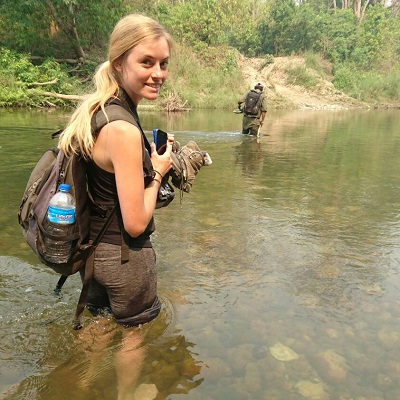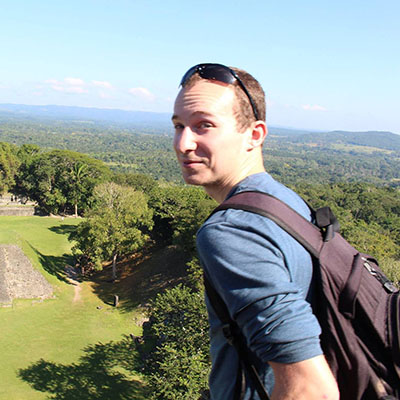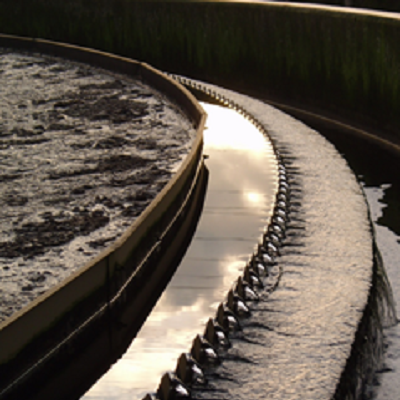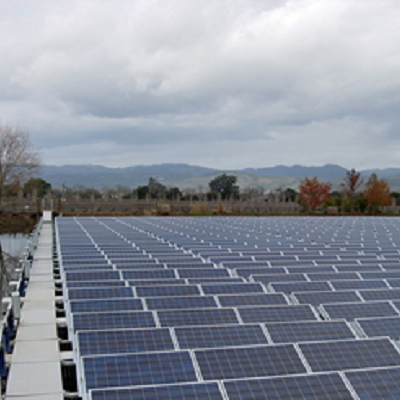PhD: Coupled hydrogeophysical and geomechanical modelling of slope stability for improved early warning of landslides Email James Boyd British Geological Survey Environmental Science Centre Originally I studied Geology with Geophysics at the University of Leicester. It was during my undergraduate degree I developed an interest in near surface geophysics, as electro-magnetic methods had a part […]
Read More
PhD: Interactions between migration and disease in an invasive crop pest Lancaster University Email Amy Withers I completed my undergraduate degree in biological sciences at the University of Birmingham where I focused on ecology and microbiology. My undergraduate dissertation used molecular biology techniques to investigate how fungal parasites (Cryptococcus spp.) can manipulate the immune system to […]
Read More
PhD: Evolutionary dynamics in changing environments: oceanic islands as natural experiments University of Nottingham Email Vanessa Cutts Twitter I completed a BSc in Zoology at the University of Reading followed by an MSc in Ecology, Evolution and Conservation at Imperial College. For my masters project I studied an asexual class of microscopic animals: Bdelloid rotifers in […]
Read More
At the end of February 2017 I stopped research for my PhD to go on placement with the Cabinet Office’s new Open Innovation Team. On my first day I found myself heading to London Bridge to visit the Shard where the team was leading a workshop on mental health policy for researchers, clinicians, charity workers, […]
Read More
Project Objectives The main objectives of this project were: To model the distribution of the mountain ringlet butterfly (Erebia epiphron) in the Lake District using existing distribution records and a combination of climatic, topographical, geological and habitat variables. To carry out butterfly surveys, in collaboration with Butterfly Conservation members and volunteers, in order to validate […]
Read More
Project Objectives High resolution (2 Hz sampling frequency) wave observations were available from an oil platform in the North Sea when a fetch limited extreme wave event occurred between the 14 and 15th December 2012. A significant wave height of 12m and peak wave period of 13s was observed with 19 rogue waves. Current spectral […]
Read More
Project Objectives Complex functional systems of living organisms can sometimes be well modelled from an engineering perspective. The ‘trophic’ (feeding) traits of fish provide a good example. They have been modelled as interacting systems of simple and four-bar linkage levers. In engineering design it is clear that there can be many-to-one mapping of form to […]
Read More
Paid summer placement opportunity The aim of this project is to compile a database of tree failures across the UK from various forms of social media. This database will then be used to validate predictions of individual tree failure by the TREEFALL model which has been developed in LEC with NERC funding. We have collected […]
Read More
Phosphorus is an element at the heart of globally-significant challenges, in particular the need to identify sustainable approaches that are able to reduce nutrient enrichment within aquatic ecosystems. In this project, you will develop new technologies in order to reduce the financial and environmental costs associated with removing phosphorus from wastewater. Working with a range […]
Read More
By SolarWriter (Own work), cropped [CC BY-SA 3.0] What it’s about? Supplying sufficient energy to meet rising demands whilst transitioning to low carbon sources to avoid dangerous climate change is a global grand challenge. Solar photovoltaics (PV), deployed in various ways, will significantly contribute to future low carbon energy supply. Floating solar, or floatovoltaics, is […]
Read More






